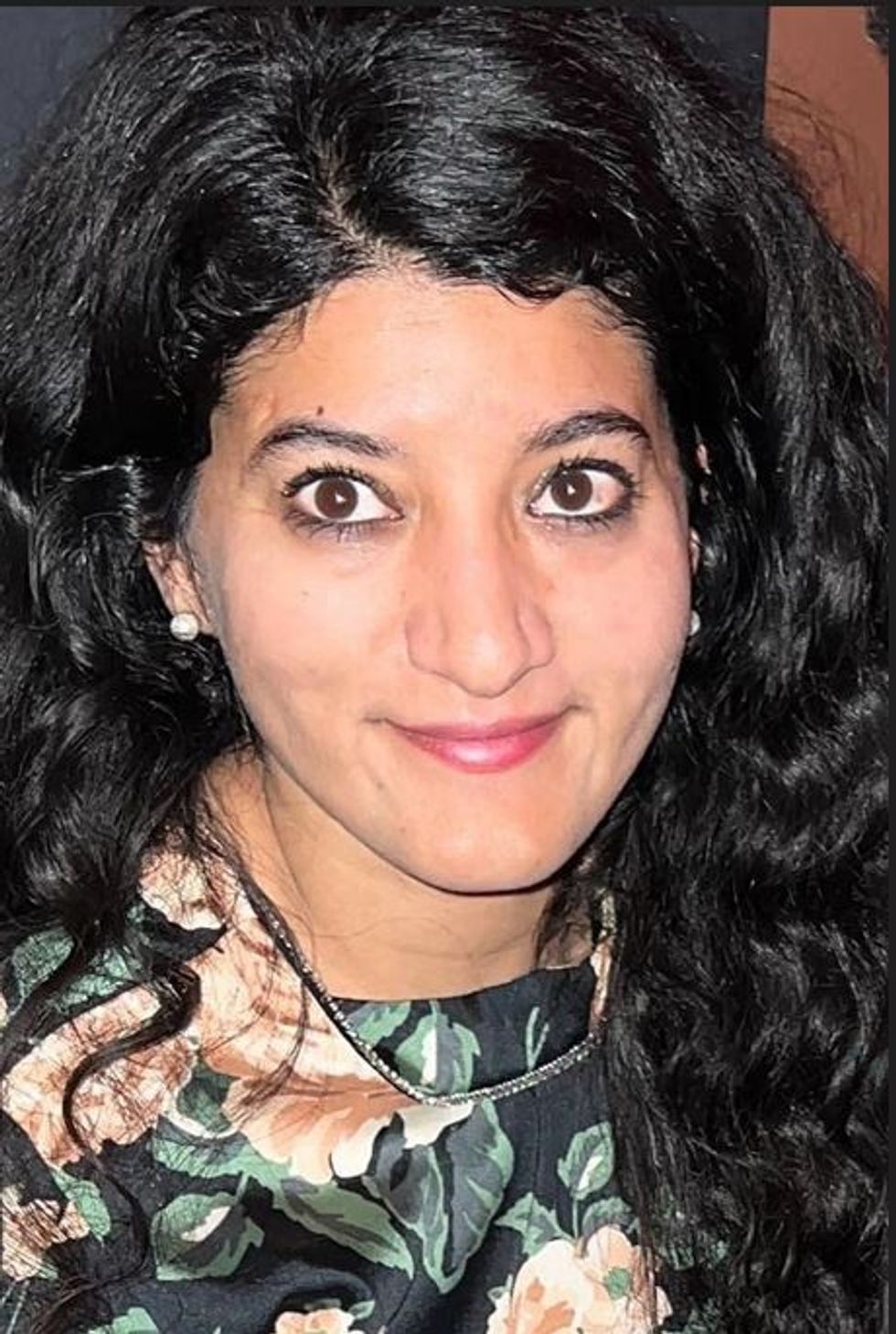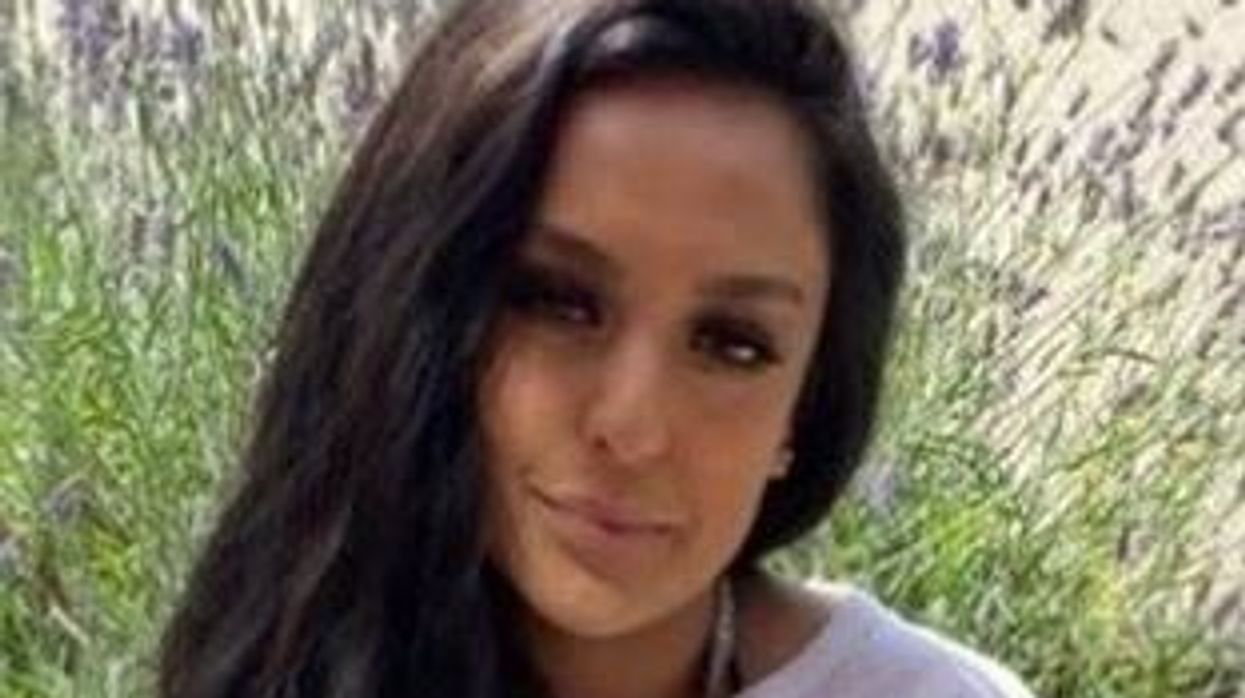BARONESS Louise Casey was appointed to review the force’s culture and standards after the abduction, rape and murder of Sarah Everard by serving Met officer Wayne Couzens, in 2021.
During the course of her review, another Met officer, David Carrick, was convicted of a series of rapes, sexual offences and torture of women.
There have been further high-profile murders of women in London, including trainee lawyer Zara Aleena in Ilford in June 2022, and primary school teacher Sabina Nessa in Greenwich the previous year.

As part of the ‘A New Met for London’ reforms, police officers will now use tactics used against terrorists and organised crime to catch the 100 worst predators targeting women and young girls in the city.
The Cambridge Crime Harm Index is the first system to measure the seriousness of crime and harm to victims, rather than just the number of recorded crimes.
The system analyses up to 35,000 offenders reported and convicted each year for domestic assault, rape, sex offences, stalking and harassment to rank the 100 who pose the highest risk to the public.
Following this process, the Met Police has found 445 offences and 201 victims. Two of the offenders are suspected to have 15 victims each.
Once a victim reports a crime, officers will see what other evidence they can find against the suspect relating to other crimes. Suspects will then be aggressively investigated to bring them to justice.
The approach had led to one arrest for multiple offences.
There will be an extra 565 people to work with teams investigating domestic abuse, sexual offences and child sexual abuse and exploitation.
The Met added that it had charged 500 more cases of rape and serious sexual offences in the last year, compared with the previous year.
“If we go after them proactively, build a case against them, get them off the streets, that protects women and children in London, so that’s an indicator of something more innovative, more front-footed, and how we reform how we police London,” said Sir Mark.
When Casey presented her review, Sir Mark said he accepted the finding of radism, misogyny and homophobia, but declined to use the term ‘institutional’ because he said it had become “politicised” and is “ambiguous”.
He said he chose not to use the term with a “heavy heart” as it might imply most people in the Met were racist.
“It’s a contentious phrase with a long history. Some people feel very, very strongly that unless you say that word, you’re not serious,” he said.
“I get it’s systemic, I get it’s cultural and we’re going after it,” Sir Mark added.




